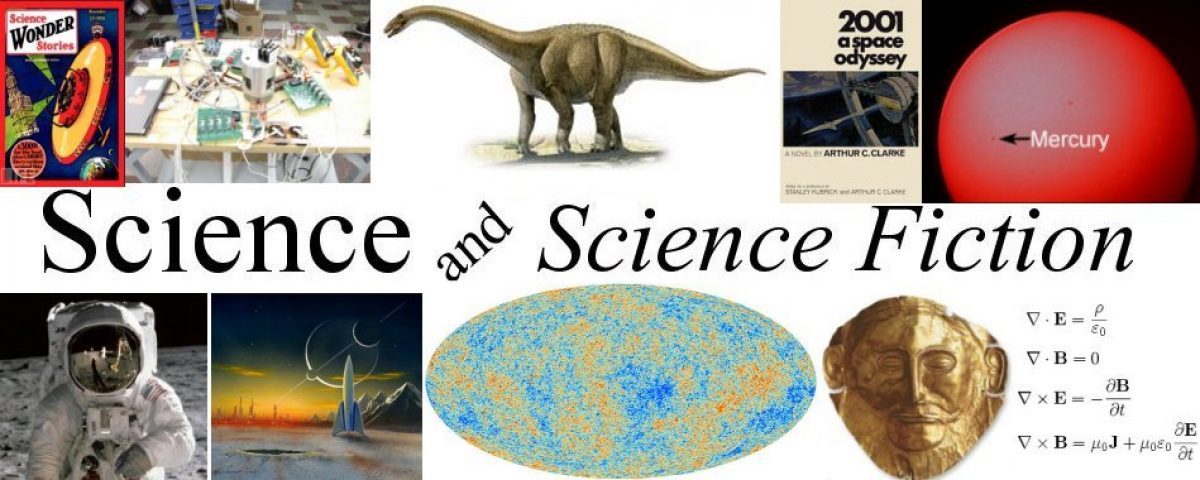Around about the year 2200 humanity will once again be doing its level best to destroy itself. The environment is poisoned, civilization is in ruins and ideological wars are everywhere. It’s against this background that the starship, colony ship Arkhangelsk departs Earth on a mission to colonize the star system 974-33, a mission to try to save something of the human race. Arkhangelsk is one of those multi-generational ships whose original crew will never live to complete their 200 year long voyage, it will be up to their descendents to complete the mission by establishing a colony in system 974-33.
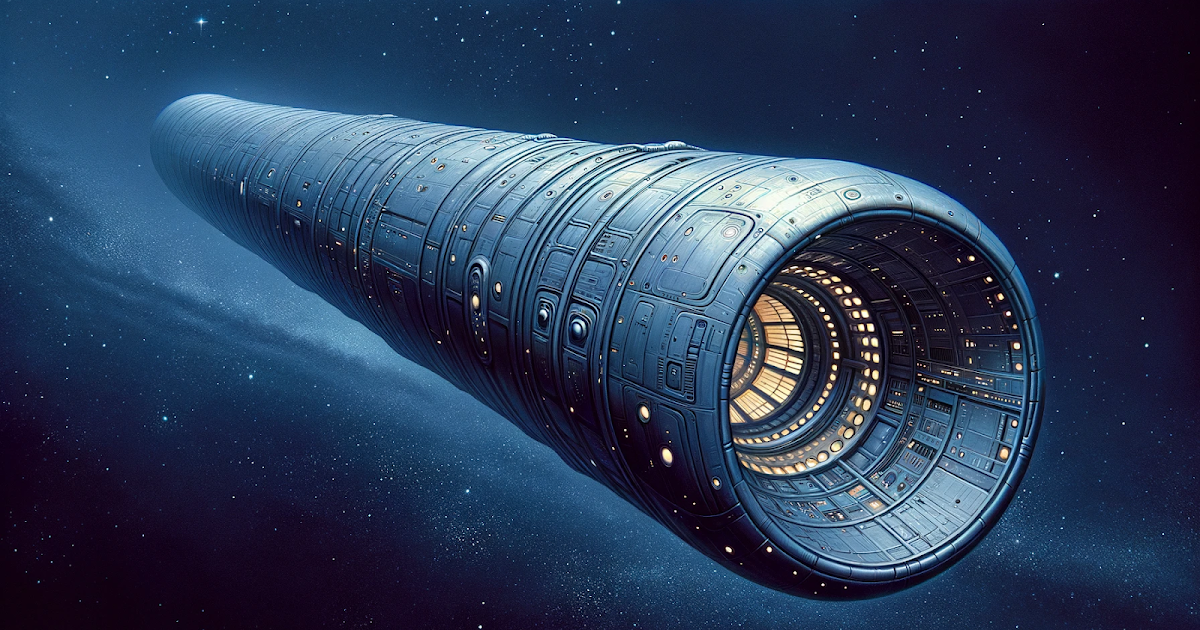
That’s the history behind the novel ‘Arkhangelsk’ by author Elizabeth H. Bonesteel. As the story begins the people of the city of Novayarkha are the descendents of the crew of the Arkhangelsk. The city itself was built from the various sections of the starship Arkhangelsk, and with no contact with Earth for over 400 years the citizens of Novayarkha believe themselves to be the last remaining humans anywhere, and they are struggling to survive.
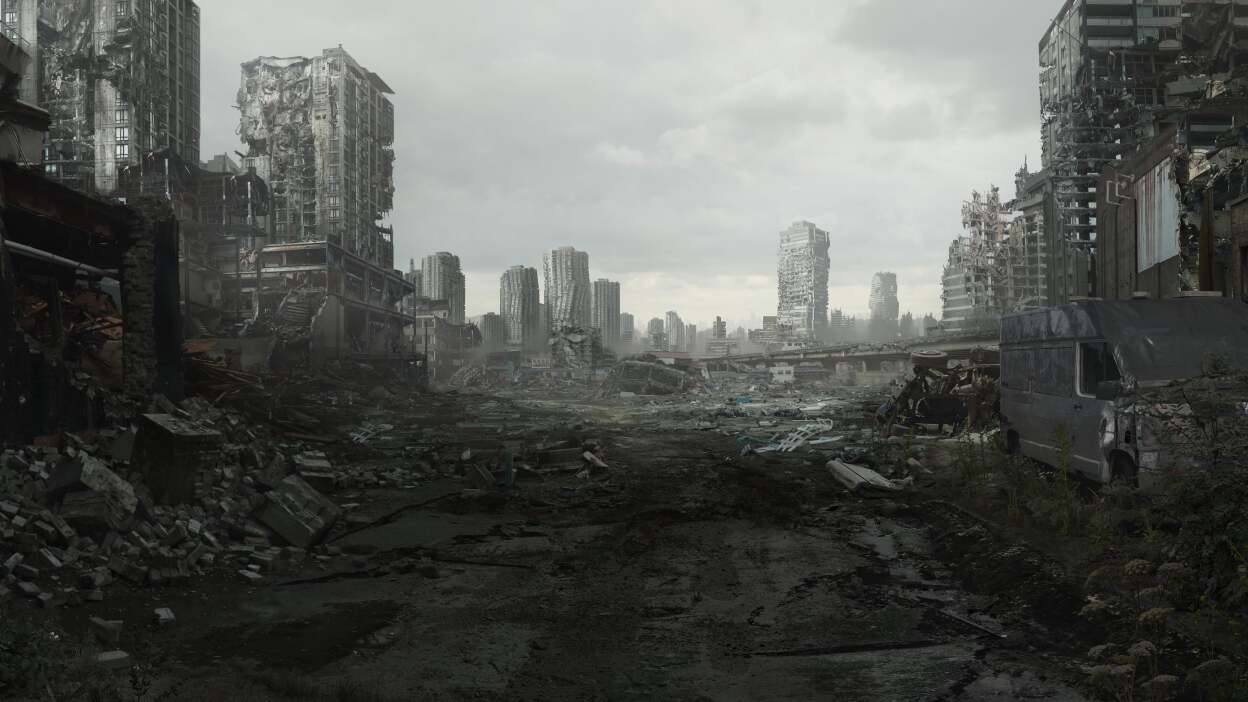
You see the only ‘habitable’ planet in system 974-33 is hardly a paradise. The atmosphere is too thin, and contains traces of poisonous gasses as well, while the planet’s surface is a mixture of rock and ice. Even worse, the planet’s thin atmosphere and weak magnetic field provide little shielding from cosmic radiation. Add to that the fact that the builders of Novayarkha needed the Arkhangelsk’s reactor to provide power for the city and they placed that reactor too close to the city, increasing the background radiation level.
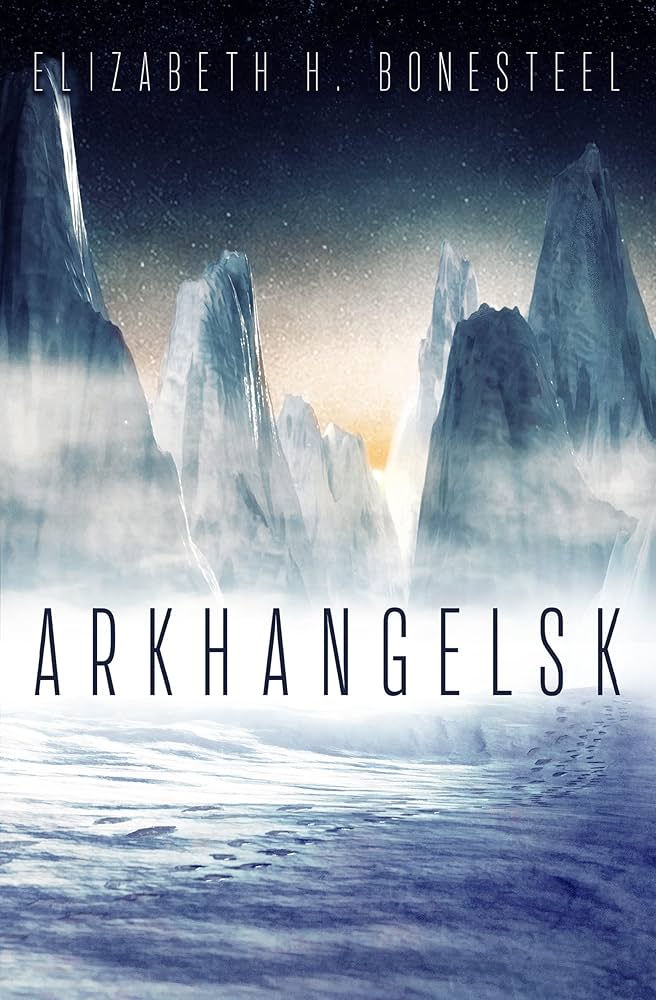

It’s no wonder therefore that Novayarkha has both a high infant mortality rate and a high incidence of cancer. Another persistent problem is a high suicide rate; a lot of people seem to just walk away from the city to die in the ice. One last problem for the people of Novayarkha are the exiles, descendents of a group that rebelled when the city was being founded and who now occasionally raid Novayarkha to steal supplies. All in all the last remnants of humanity may not last too much longer themselves.

Except the people of Novayarkha are not the last human beings in the Universe. Back on Earth people somehow managed to muddle through their difficulties and although not all of the problems have been solved humanity is once again pushing out, once more exploring the Universe. As the starship Hypatia enters system 974-33 both groups of humans are astonished to find each other, and are wary of how the other side will react.

Hypatia is not a colony ship, rather her mission is to construct a faster than light (FTL) transceiver network in system 974-33 to assist other Earth vessels as they explore this sector of the galaxy. However Hypatia is not in very good shape either. As the starship was coming out of one of its hyperspatial jumps it collided with an asteroid killing most of her crew and destroying a good part of the ship.
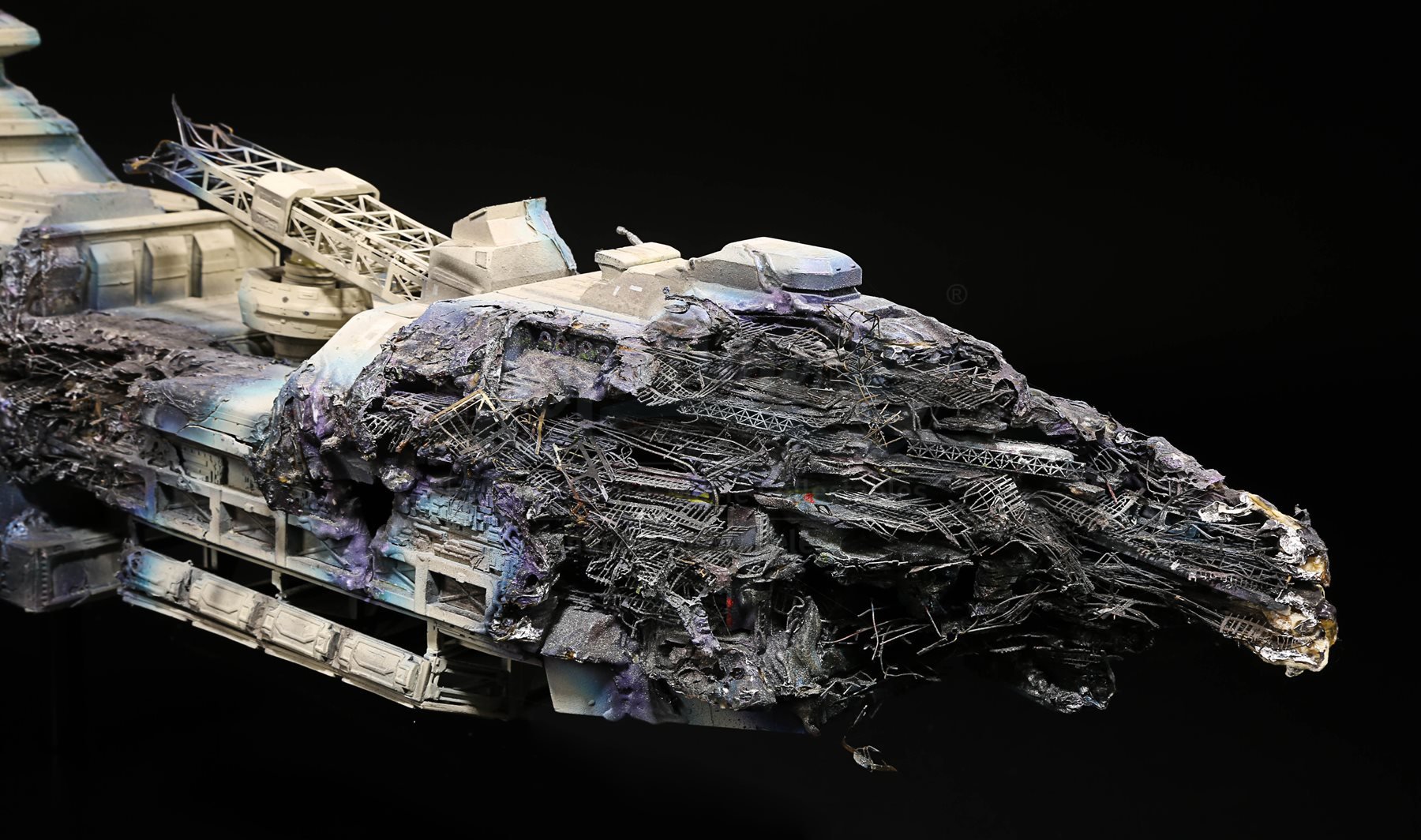
I’m certain that you can see plot here. Both groups of humans need each other but neither group really trusts the other, after all there’s been no contact between these two branches of humanity for over 400 years. The story is very much an allegory on how much more successful we humans are when we do work together.
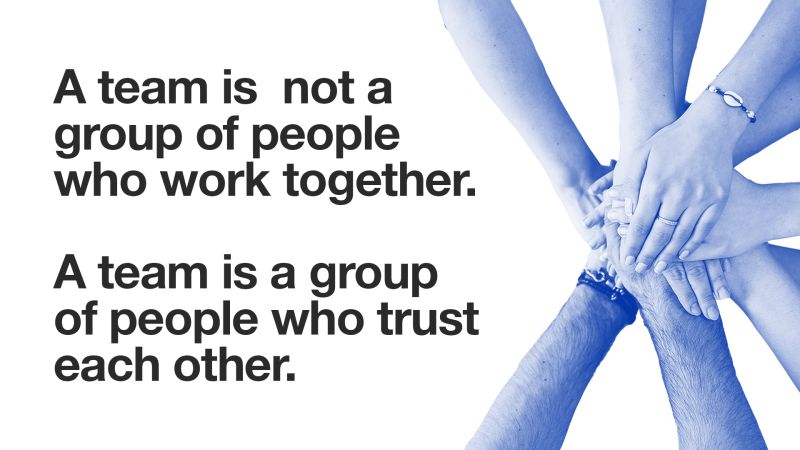
There’s a darker undercurrent in ‘Arkhangelsk’ as well however for the city of Novayarkha holds sinister secrets, secrets that it’s authoritarian rulers would prefer to keep from their people. So another ethical problem illustrated in the novel is the struggle between the individual and society.

I do have one problem with ‘Arkhangelsk’ and that is a problem I have nowadays with a lot of SF novels, too much filler. The modern publishing business seems to feel that novels have to be 400 or more pages in order to convince their customers that it’s worth paying $12-$20 dollars for a book. That means that an author has to add in a lot of stuff that isn’t important to the plot and really isn’t interesting. ‘Arkhangelsk’ suffers a bit from this problem as it could use a good editing to remove some of the less interesting material.

But ‘Arkhangelsk’ is interesting; it is a good take on the old theme of two very different cultures colliding, with all the conflicts and opportunities that entails. If you like those novels that tell stories about humanity traveling to and colonizing the stars you will enjoy, ‘Arkhangelsk’.
